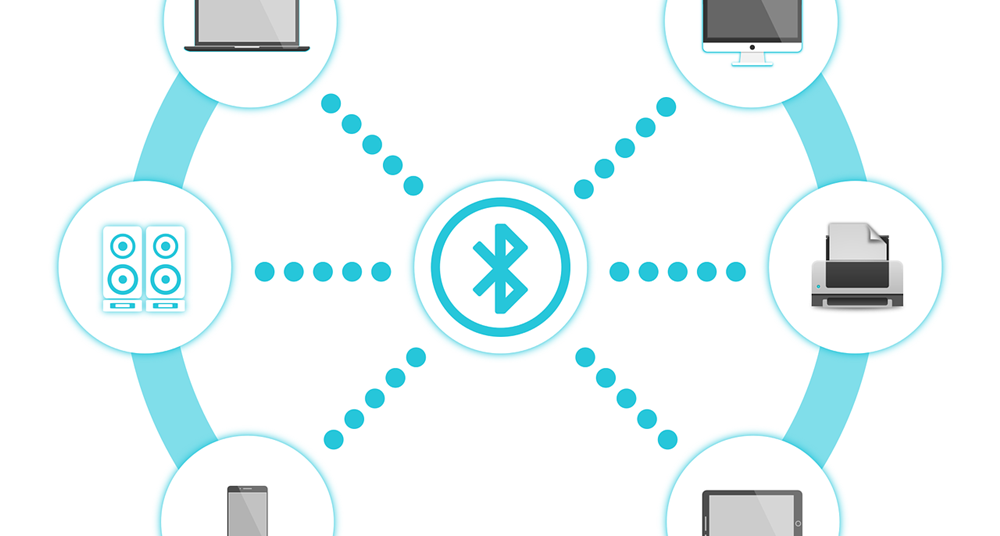
Over the past two decades, Bluetooth technology has become ever more useful for IoT execution, adding new capabilities that have enabled innovation and established new markets, from wireless audio to connected devices. And now Bluetooth mesh continues that trend by playing a pivotal role in the development of emerging markets such as Smart Building, Smart Industry, Smart Cities, and Smart Home. In the year since the release of Bluetooth mesh, more than 65 products with mesh networking capability have been qualified from leading silicon, stack, component, and end product vendors.
Bluetooth mesh networking enables many-to-many device communications and is optimized for creating large-scale device networks. Designed to meet the scalability, reliability, and security requirements of commercial and industrial environments, Bluetooth mesh is powering smart building and smart industry implementations where tens, hundreds, or thousands of devices need to communicate with one another effectively. From factories to hospitals, airports, retail stores, and the home, Bluetooth mesh supports building services that bring real value to owners, operators, and occupants.
“The strategic decision to adopt Bluetooth as the communications platform for our smart home strategy was an obvious choice for us,” said Lijuan Chen, Head of Alibaba A.I. Labs, the consumer AI product development at Alibaba Group. “Bluetooth mesh is a wireless protocol that enables us to meet our customers’ scale, performance, and reliability requirements in the home. Bluetooth is already a proven, trusted, and widely used wireless standard, and we’re confident Bluetooth mesh will be the standard in home and building automation for years to come.”
“Bluetooth mesh is one of a number of fundamental enablers of future IoT markets, allowing for robust, secure and scalable connectivity across the smart home, commercial building automation, industrial environments, and beyond,” said Stuart Carlaw, Chief Research Officer, ABI Research. “Bluetooth mesh, in conjunction with Bluetooth beacons, can propel these environments towards greater automation, increased sensorization, and enable valuable RTLS services. Nearly 360 million annual Bluetooth Smart Building device shipments are forecasted by 2022.”
“We are really excited about the rapid progress our member companies have made using Bluetooth mesh in just one year,” said Mark Powell, Executive Director of the Bluetooth Special Interest Group. “The Bluetooth member community dove straight into developing with the new technology, creating a growing list of product innovations that will steer the evolution and direction of commercial and industrial markets for years to come.”
Ken Briodagh is a writer and editor with more than a decade of experience under his belt. He is in love with technology and if he had his druthers would beta test everything from shoe phones to flying cars.Edited by
Ken Briodagh





